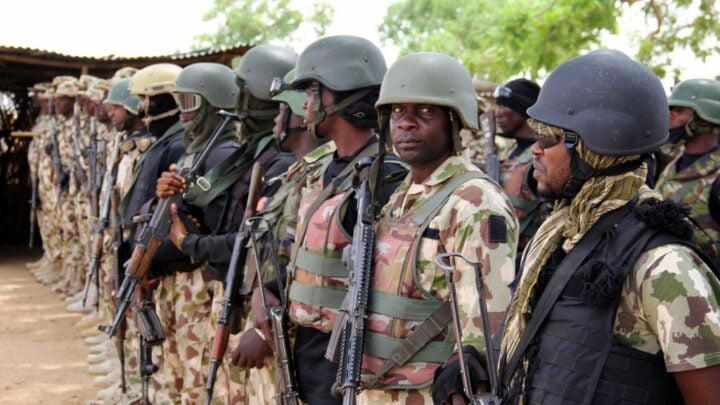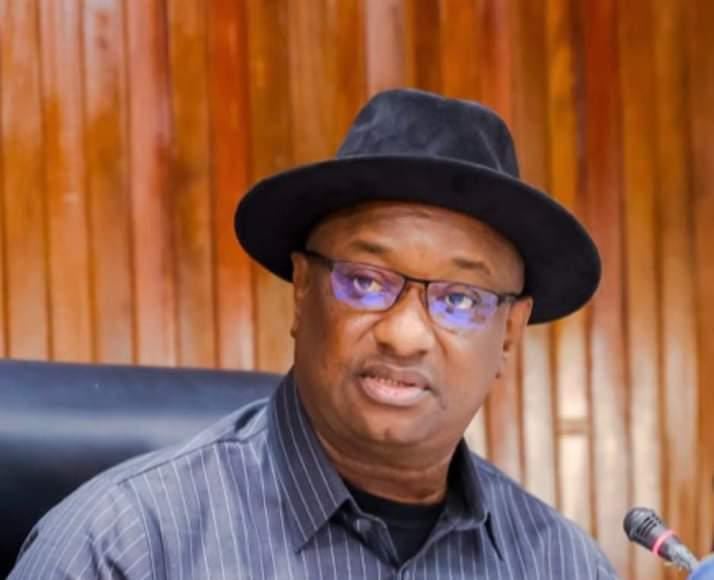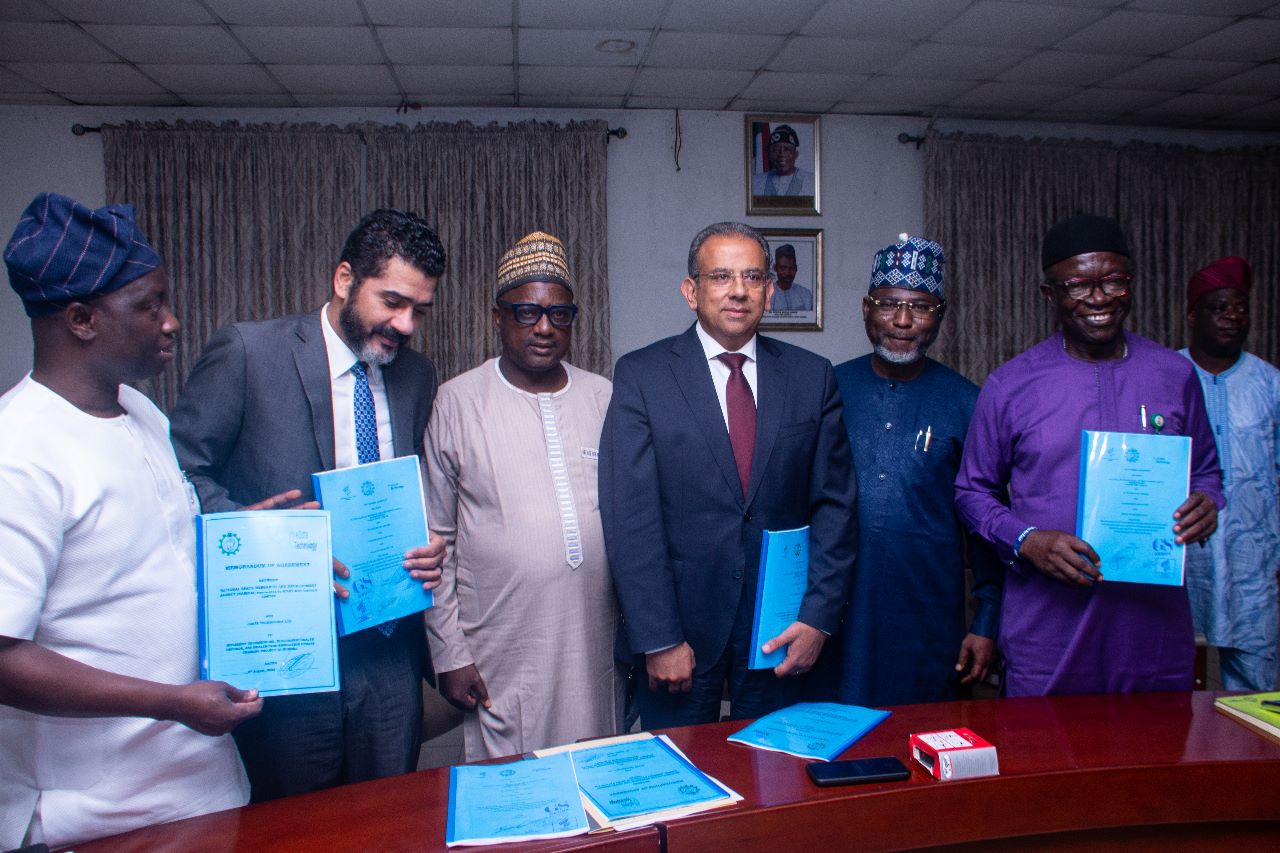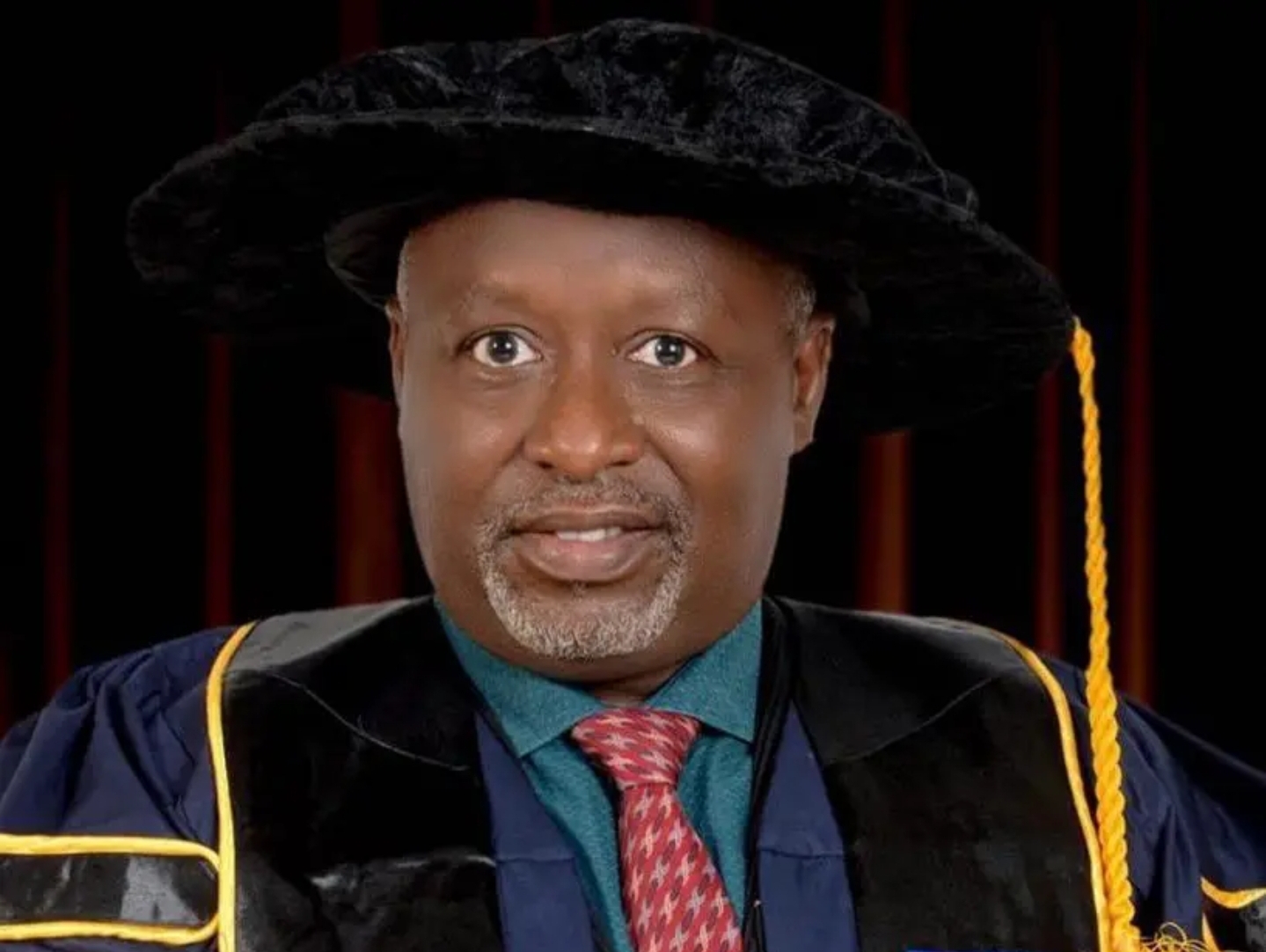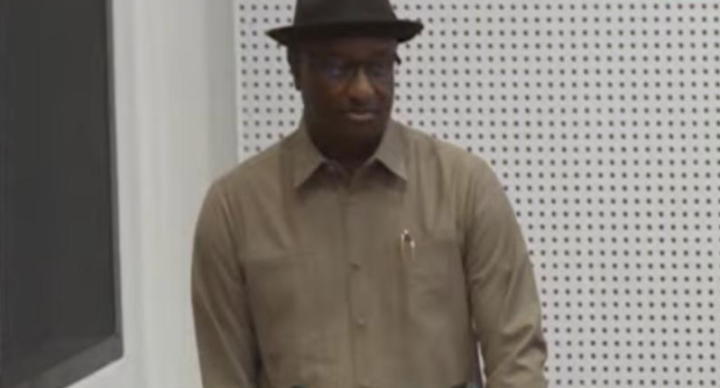Nigerian troops
The Muslim Rights Concern (MURIC), a human rights advocacy group, has called on President Bola Tinubu to rescind the idea of deploying military forces to intervene in the Niger crisis.
On July 27, Niger soldiers announced the removal of President Mohamed Bazoum from office.
Amadou Abdramane, a colonel-major, made the announcement in a televised address.
Tinubu, who is also the chairperson of the Economic Community of West African States (ECOWAS), said the body will not tolerate acts that undermine democracy in the region.
Advertisement
The organisation had rolled out several measures to resolve the crisis in the West African country, including the use of force to make the military junta reinstate the ousted President Bazoum.
In a statement on Saturday, Hassan Indabawa, MURIC chairman, Kano chapter, said succumbing to war is not the best approach as it could be “counter-productive”.
According to the statement, MURIC condemned the coup but noted that ECOWAS’ approach to the crisis in Niger was “harsh and unpragmatic”.
Advertisement
“Military action should never be an option in solving the problem of change of government in the Niger Republic due to the current and historical relationship between Niger and Nigeria, two brotherly neighbours in West Africa,” the statement reads.
“Relations between the two countries are based on a long shared border and common cultural and historical interactions.
“Citizens of Nigeria and people living in Niger are predominantly Muslims, and share a strong socio-cultural and religious affinity. Nigeria also shares about 1,500 kilometres of land border with Niger.
“The Nigeria-Niger border is artificial. It was drawn in the colonial period by London and Paris, a process driven in part by the desire to check German expansion in West Africa rather than recognition of ethnicities or other indigenous factors.
Advertisement
“Border crossings are also practically impossible to control. In many ways, Niger and northern Nigeria have much in common culturally and the local language of both regions is Hausa.
“Significantly, Nigeria should maintain its age-long foreign policy of non-interference in the internal affairs, especially of a friendly neighbour.
“The Nigerien transitional military government has already warned against any external intervention. On Wednesday, 2nd August 2023, its counterparts in Mali and Burkina Faso warned that they would treat any attempt to restore Bazoum to power militarily as a “declaration of war” against them and it would split ECOWAS.
“At the home front, the internal convulsions will escalate as the Oduduwa Republic, Arewa Republic, Biafra secessionists, Niger-Delta separatists and other sundry anarchists may have a field day with the opening of another avoidable conflict theatre.
Advertisement
“Military interventions could certainly be unpopular in Nigeria and possibly lead to violent and widespread protests. This could only aggravate the worsening security situation in Nigeria.
“The situation in Niger Republic like the rest of Africa is an African problem that requires African solutions; going to war should never be one of those solutions.
Advertisement
“In the end, we call on President Tinubu, as a listening leader, to immediately withdraw the letter he sent to the Senate and toe the path of dialogue and diplomacy.”
He also asked the senate to “flatly reject” Tinubu’s request as it may aggravate Nigeria’s economic and socio-economic situation.
Advertisement
TheCable reported that the senate has asked the president to explore diplomatic ways of resolving the political impasse in Niger.
The ECOWAS defence chiefs had on Friday reiterated that commitment to upholding democratic rule in the region, while also calling for diplomatic resolution of the crisis in Niger.
Advertisement
Add a comment
